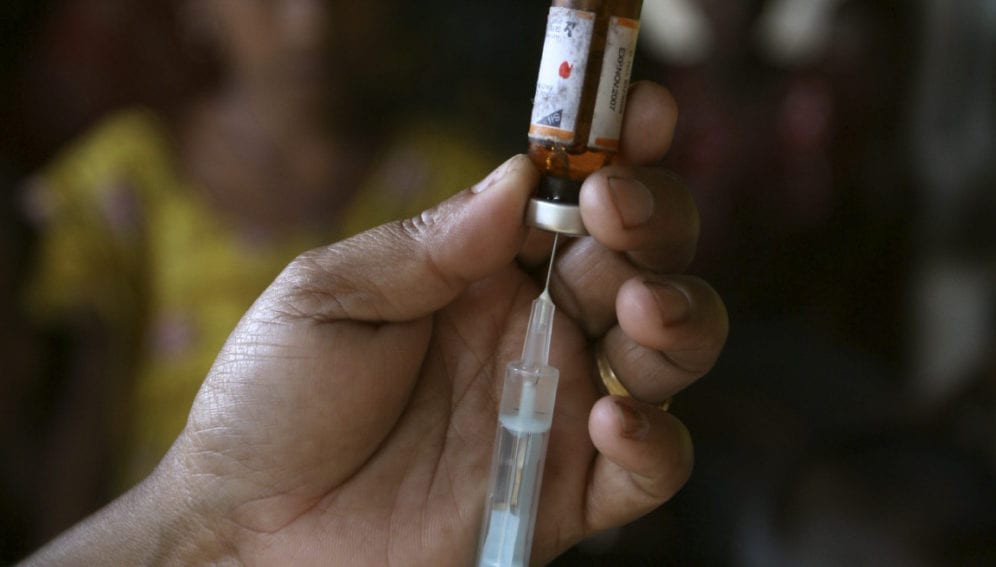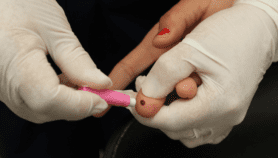By: Joel D. Adriano
Send to a friend
The details you provide on this page will not be used to send unsolicited email, and will not be sold to a 3rd party. See privacy policy.
[SEOUL] Unfounded fears stoked by a resurgent anti-vaccine movement have led to the reemergence of transmittable diseases such as measles and can impact on the total eradication of preventable ones such as polio, warn health experts.
Pauline Paterson, research fellow with the Vaccine Confidence Project at the London School of Hygiene and Tropical Medicine, said in a workshop in South Korea last week (12-16 May) that public confidence in certain types of vaccines has dropped in recent years, despite the now discredited study of former British surgeon Andrew Wakefield linking some types of vaccination to autism.
The annual workshop, now on its fourteenth year, was organised by the Seoul-based International Vaccine Institute (IVI). Created as an initiative of the United Nations Development Programme in 1997, the IVI works on vaccine development and introduction especially for developing countries, focusing on neglected diseases in these regions.
Paterson said despite the Wakefield study being exposed as a fraud, it has led to a decline in vaccination rates in the United States and the United Kingdom and a corresponding rise in measles and mumps, as well as the emergence of other preventable diseases and the continuing climate of distrust in vaccines.
The Wakefield study, published in the well-known medical journal The Lancet in 1998, alleged a connection between the measles, mumps and rubella vaccine and the autism spectrum disorder. However, following investigations by the British General Medical Council, Wakefield was accused of falsifying data and stripped of his medical license for serious medical misconduct. In 2010, The Lancet formally retracted Wakefield’s paper.
Paterson noted that religious concerns are also threatening to reverse the gains of vaccination programs in the eradication of certain diseases. She cited the case of the Philippines, where an email of the Catholic group Human Life International that the tetanus vaccine is contaminated with abortive substance has led to a 45 per cent drop in coverage. In Nigeria, Muslim leaders say that the polio vaccine is laced with anti-fertility drugs, causing a major scare.
Paterson also expressed alarm that the lives of many vaccine workers are now in danger because of religious extremism. “In Pakistan some 30 polio vaccinators have been killed in the last two years,” she reported.
Robert Hall, program officer at the National Institutes of Health, an agency of the US Department of Health, rued that “it is a lost opportunity to eliminate a human-restricted disease”.
But scepticism about the necessity for vaccination is not just among the public but among health professionals as well.
Cristina Torres, coordinator for the Forum for Ethical Review Committees in Asia and the Western Pacific (FERCAP), recommended that one way to address vaccine hesitancy is to build trust by being more transparent, especially in the development process of vaccines and in addressing ethical challenges.
This article has been produced by SciDev.Net's South-East Asia & Pacific desk.














